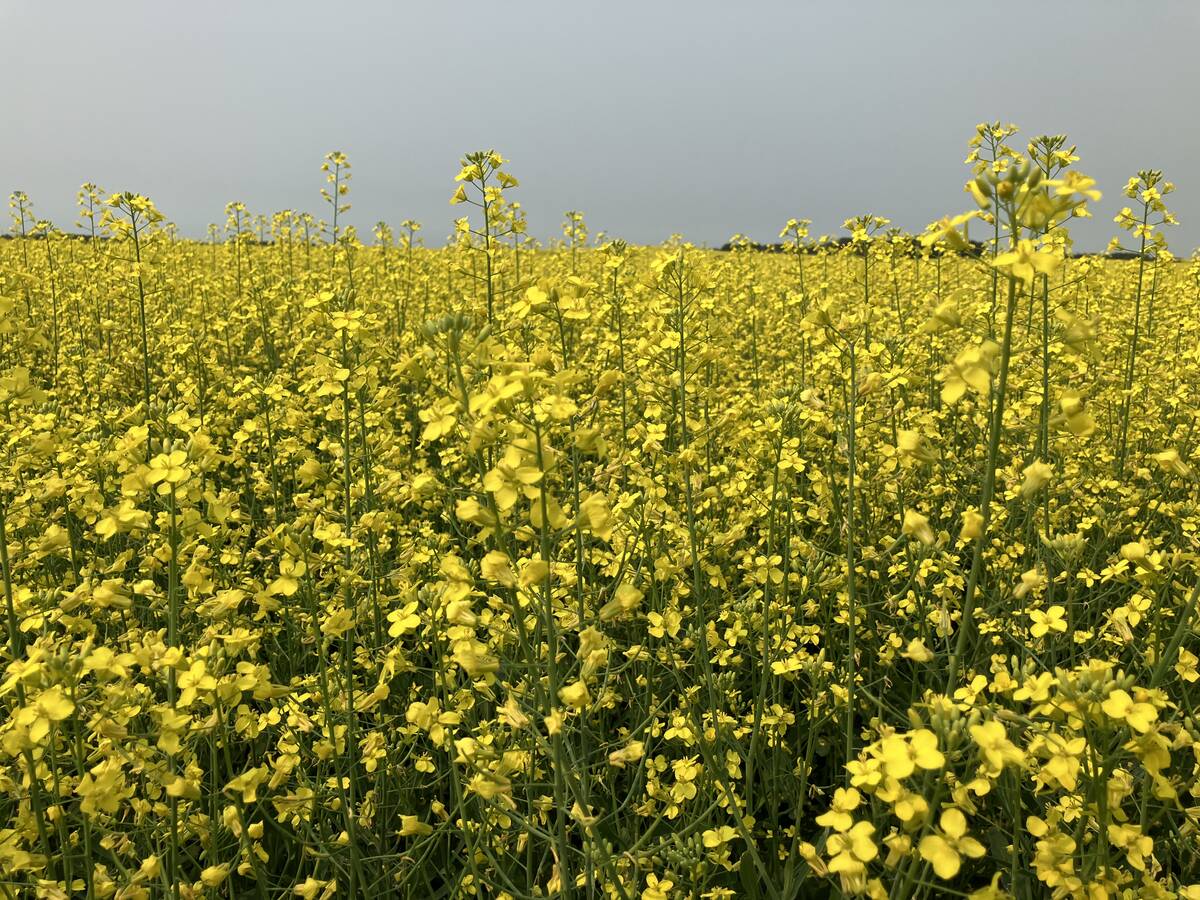A prominent British bakery that buys wheat from Manitoba and Saskatchewan farmers may ban the use of Roundup as a desiccant.
Warburtons wants to keep genetically modified wheat out of its identity preserved contract program run through the Canadian Wheat Board.
Roundup Ready wheat will be the main variety the bakery will be watching for.
It is being developed by Monsanto and Agriculture Canada’s cereal research centre in Winnipeg, but is not yet registered to grow in Canada.
Bob Beard, purchasing director for Warburtons, said the test that will be used to screen out Roundup Ready wheat will also identify wheat on which Roundup has been sprayed as a desiccant.
Read Also

Canola used in only quarter of Canadian biofuel
Less than one-quarter of the biodiesel and renewable diesel used in Canada in 2024 was made from canola oil feedstock
Beard acknowledged the rejection process may punish farmers who use the chemical as a management tool, but don’t intend to grow GM wheat.
However, he said it’s critical for Warburtons to make sure its customers perceive the bakery’s bread as being GM-free.
“We talk to them every single day and the message is absolutely clear,” he told farmers at the Keystone Agricultural Producers’ annual meeting.
The company received about 10,000 comments and questions last year from consumers, Beard said. Sixty percent of them were questions about food safety and GM wheat.
“There’s no way I’m going to put our brand at risk,” he said.
Warburtons has been in business since 1876, and bakes seven million loaves of bread a week.
Beard said understanding what consumers want has been key to the company’s longevity.
Warburtons pays a premium of up to $20 per tonne for identity preserved wheat, which it selects at its technical centre in Brandon.
After listening to Beard and others speak about Roundup Ready wheat, KAP members voted unanimously to lobby government to prevent registration of GM wheat until customers accept it.
Don Bromley, who farms near Brandon, believes consumers will one day recognize the health and nutritional benefits of GM wheat.
But “that day is not today and it probably won’t come for some time.”
He said it will be impossible to completely segregate the wheat, and farmers don’t want to lose markets because of it.
Added Melita, Man., farmer Ron Rutherford: “If you can persuade people from Warburtons to accept Roundup Ready wheat, then I can accept it.”
Rutherford is one of about 900 farmers who contract wheat to the bakery.
The zero-till farmer pushed for the company to allow desiccation on its wheat crops when it first started the IP program, and he says he would hate to see the practice banned in contracts.
He sprays wheat with Roundup at the time he would usually swath it to kill green weeds, notably perennial quackgrass and thistle.
There is one alternative chemical to use to desiccate, but it doesn’t work as well, he said.
If Warburtons bans the practice, Rutherford said he will have to decide field by field whether he can go without desiccation and sell the wheat to the company.
Warburtons may have to raise its premium to account for the loss of the practice, he added.
Beard said Warburtons will decide next year whether to ban the use of Roundup as a desiccant.
Alternate approach
Rutherford asked Beard whether the company would have been more open to GM wheat had researchers started by making it resistant to fusarium headblight rather than tolerant to herbicides.
Beard acknowledged fusarium is a major issue for the bakery, and said a fusarium-free GM wheat may have found success.
But now, he believes GM food is a decade to a generation away from acceptance in the United Kingdom.
Starbuck, Man., farmer Ed Rempel asked Beard whether consumers would accept GM crops quicker if they understood they require fewer chemicals to grow.
Beard said it would take a brave retailer to explain exactly what goes into producing food.
“Don’t tell (consumers) too much because I don’t know if that’s particularly helpful.”
















